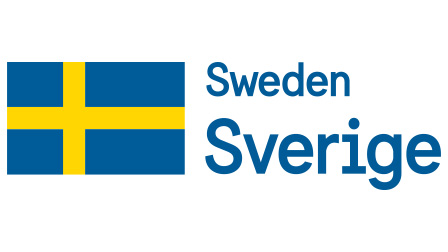
State of Sustainability Initiatives Review: Standards and the Sustainable Development Goals
Leveraging sustainability standards for reporting on SDG progress
This report explores the role that voluntary sustainability standards (VSSs) can play in helping governments advance the Sustainable Development Goals (SDGs) and better track and report on their progress toward achieving them.
The 2030 Agenda for Sustainable Development outlines an ambitious vision for people and the planet. It sets out 17 goals and 169 targets for the global community to work together to achieve by 2030—ranging from eradicating poverty to conserving natural resources.
This report explores the role that VSSs can play in helping governments advance the SDGs and better track and report on their progress toward achieving them.
It maps the environmental and social requirements of 13 VSSs against a set of 10 targets from five SDGs. The findings support other studies that indicate a great deal of crossover between VSSs and SDG targets, particularly for SDGs 6, 8, and 12.

It then explores how governments can make the most of work already being done by VSSs when conducting Voluntary National Reviews (VNRs). Countries that have signed the 2030 Agenda are invited to submit VNRs to the High-Level Political Forum on Sustainable Development that outline their progress on advancing the SDGs in their jurisdictions.
These reviews provide governments with an opportunity to share experiences, identify areas that need more attention, and find ways to work with other stakeholders. However, issues such as a lack of data and information can make such reporting challenging.
The report analyzes the most recent VNRs submitted by India, Tanzania, and Uganda against the work VSSs are doing in these countries to identify areas for potential collaboration between governments and VSSs. It then develops three “reporting examples” that illustrate how the three countries could capitalize on their findings in the next reporting round.
From these reporting examples, the authors distill a series of practical guidelines to help governments work together with VSSs to advance the SDGs and fill the data gaps that many face when tracking their progress.
Participating experts
Funded by
You might also be interested in
Three Ways Standards Can Help Deliver on the Sustainable Development Goals
How can standards help deliver results on Sustainable Development Goals 2, 6, and 17 and support governments to track their progress ahead of the 2023 High-Level Political Forum?
Promoting the Development of Agricultural Cooperatives
Governments in the Global South should promote agricultural cooperatives to boost smallholder access to fair markets, finance, and climate resilience.
What Will Happen at COP 29?
Talks at the 2024 UN Climate Change Conference (COP 29) will range from defining a way forward on finance through a new collective quantified goal (NCQG) to mitigation, and loss and damage. Ahead of negotiations in Baku, IISD’s Earth Negotiations Bulletin Team Lead Jennifer Bansard examines the agenda and breaks down what to watch as eyes turn to Azerbaijan.
Global Market Report: Tea prices and sustainability
This report explores recent market trends in the tea sector and explains why we need to get better at recognizing the social and environmental costs of tea production.
